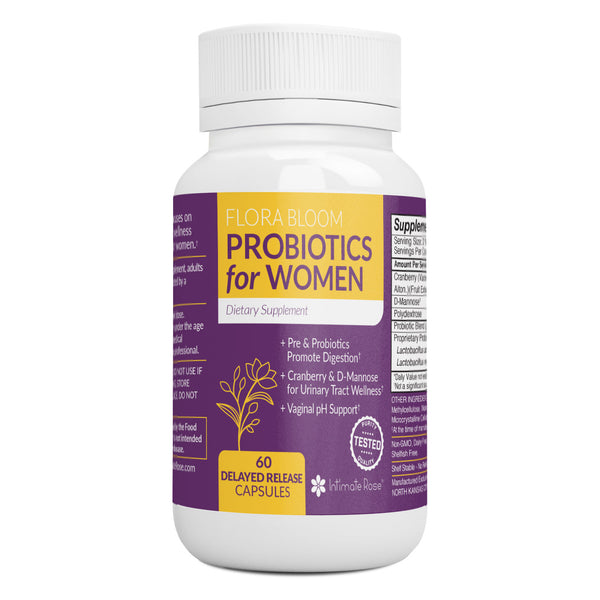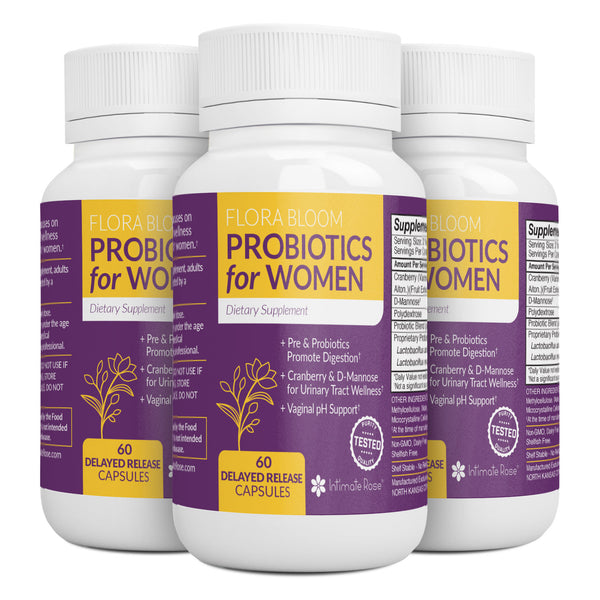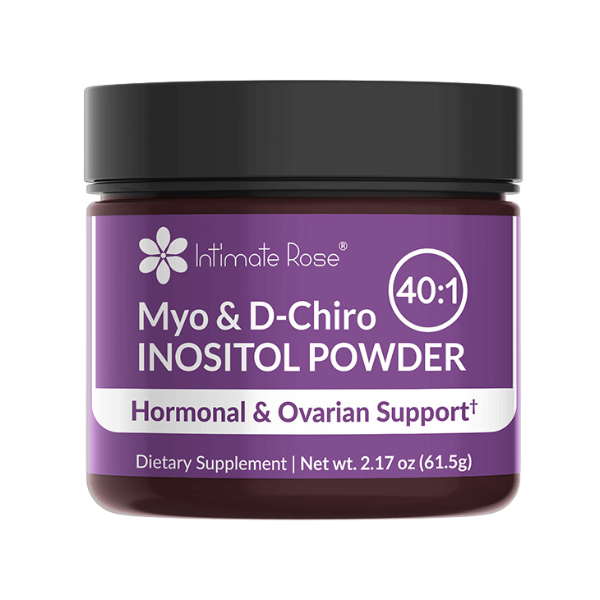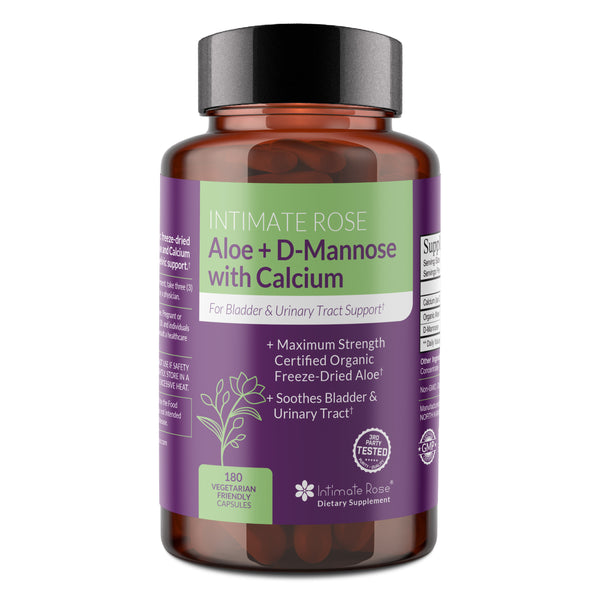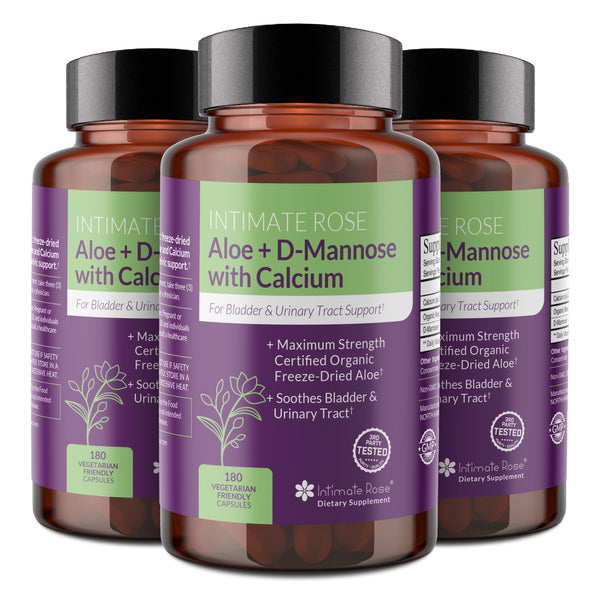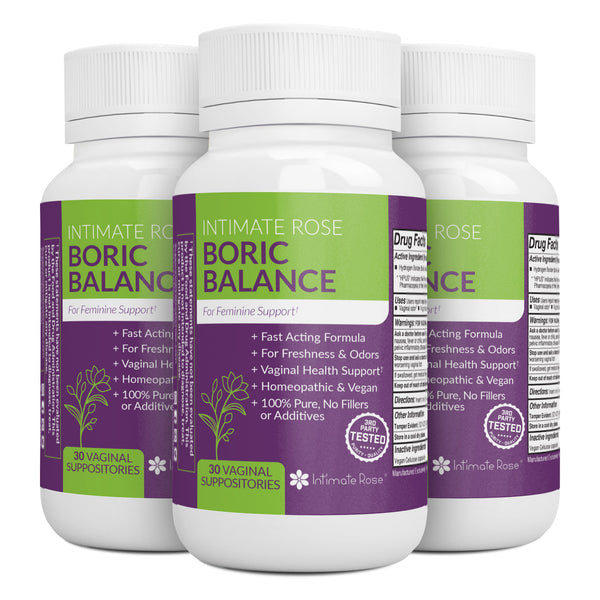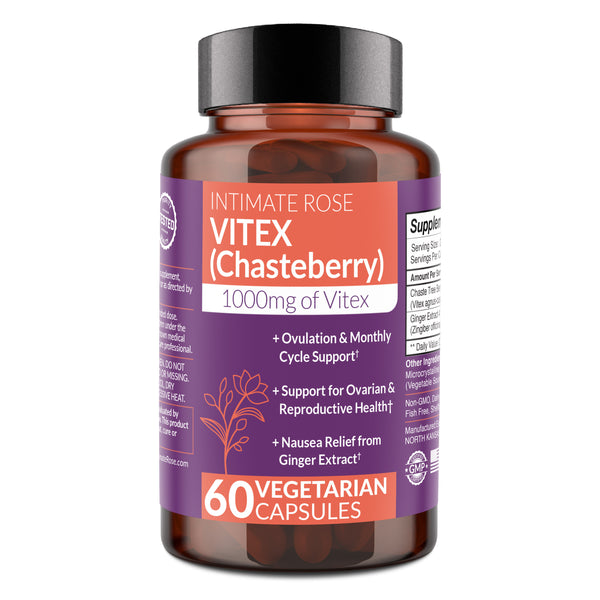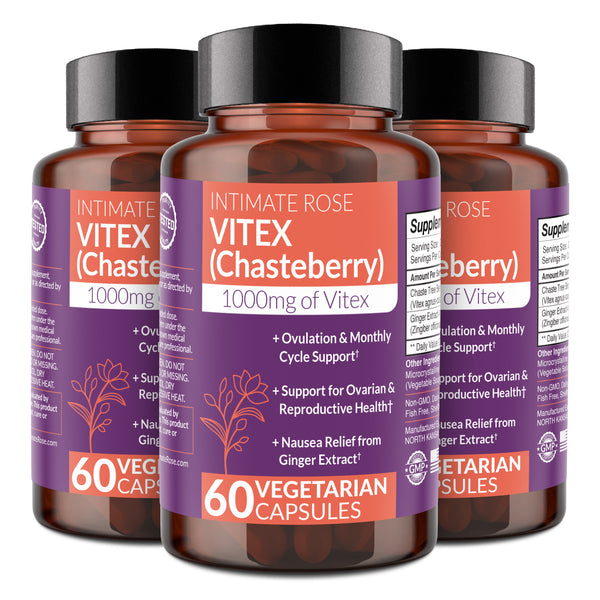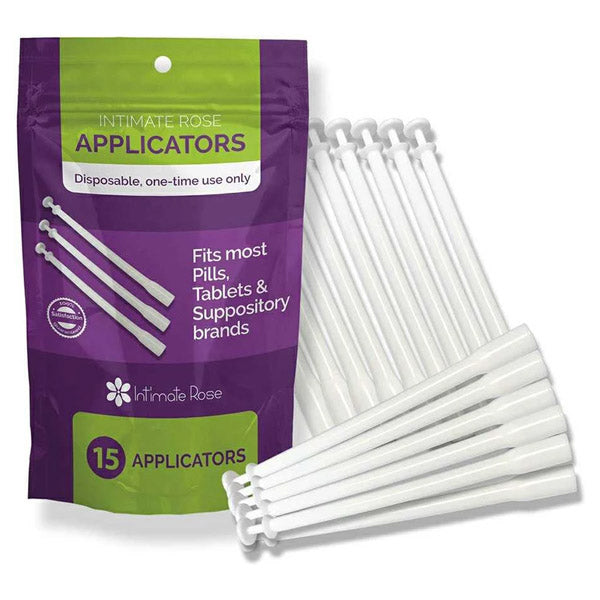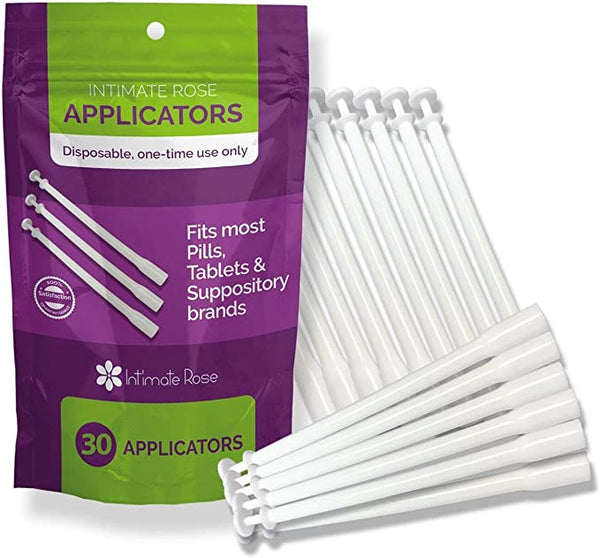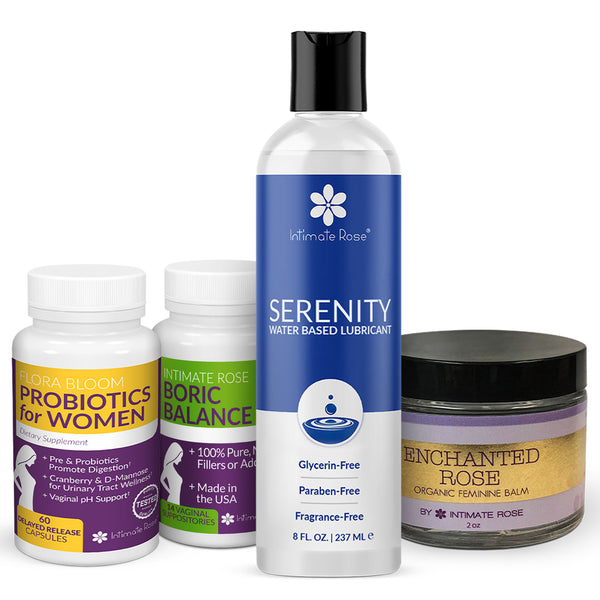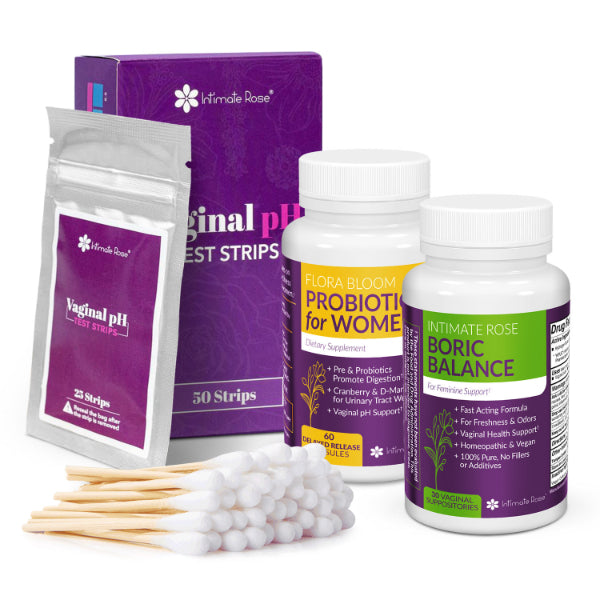If you have been researching treatment options for conditions such as polycystic ovary syndrome (PCOS) or metabolic issues, there is a good chance you have come across information about inositol.
But what is it, and why does it have so many different names?
Inositol is a naturally occurring nutrient created by the body by breaking down glucose. It also occurs naturally in some foods such as cantaloupe, fresh citrus fruit, legumes, and whole grain bread.
Though it is sometimes referred to as “Vitamin B8”, it is not actually a vitamin. It is more accurately described as a type of sugar that plays a role in many physiological processes, such as endocrine and neurotransmitter function.
In addition to being found in certain foods and being created by your body, it is also available in supplement form.
There are nine isomers of inositol. An isomer is a compound with the same formula but with a different arrangement of atoms, along with different properties.
Things Off Down There?
The nine isomers include: D-chiro-inositol, Myo-inositol, Scylio-inositol, Epi-inositol, Cis-inositol, L-chiro-inositol, Muco-inositol, Allo-inositol, and Neo-inositol.
However, the most bioavailable isomers and the most commonly represented in the body are D-chiro-inositol and Myo-inositol. Most of the time, the term inositol is referring to these types.
Because the name inositol comes up in many contexts, it can be confusing to differentiate between the various types. Here is a list of what kinds of inositol you may see on the market, and what they are used for.
Myo-Inositol and D-Chiro Inositol
While myo-inositol and D-chiro-inositol appear similar and are often mentioned together, even interchangeably, they play different roles. Myo-inositol is more active in the use of glucose (blood sugar) and the activation of glucose transport, while D-chiro-inositol is more active in glycogen synthesis and storage.
Together, these two forms of inositol can play an important role in reducing the body’s resistance to insulin, which occurs in conditions such as metabolic syndrome, diabetes (including gestational diabetes), and PCOS.
Different types of body tissue regulate their specific ratio of myo- to D-chiro-inositol. Myo-inositol has also shown effectiveness in treating some anxiety disorders such as panic attacks and obsessive-compulsive disorder.
PCOS is a reproductive disorder that affects as many as 6-12% of women of reproductive age in the United States and is the most common cause of infertility (CDC, 2020).
Research has shown that supplementation with a combination of myo- and D-chiro inositol in a 40:1 ratio shows promise as a treatment for PCOS. This supplementation can help restore healthy ovulation and increase fertility in women with PCOS, and can also ameliorate some of the other side effects of this condition, such as acne and excessive facial hair (Wojciechowska et al, 2019).
Inositol Hexaphosphate
Inositol hexaphosphate, also called “IP-6”, is a form of inositol that occurs naturally in food and can also be manufactured as a supplement. Lab studies have shown that it may prevent or treat cancer, but clinical studies are needed to further support this finding.
Some small studies in people with breast cancer have also show that it may help with some of the side effects of chemotherapy, though larger studies are needed. It is also an antioxidant. There are also some claims that it may help with heart disease, but research on this is lacking (Memorial Sloan Kettering Cancer Center, 2020).
It can interfere with anti-coagulant medications (blood thinners), so people who take these medications should not take IP6 supplements.
Inositol Nicotinate/Niacinate
Inositol nicotinate (also sometimes called inositol niacinate) is a compound made of niacin (Vitamin B3) and inositol. It is typically used to treat circulatory disorders such as intermittent claudication (calf pain with exercise due to poor circulation), stasis dermatitis (skin inflammation of the lower legs due to fluid buildup and circulation problems), and Raynaud’s syndrome.
When inositol nicotinate is processed by the body, a form of niacin is released, which helps dilate the blood vessels. Evidence is strongest in support of its use for Raynaud’s syndrome, but it is conflicting for other circulatory conditions.
How does the Inositol supplement work?
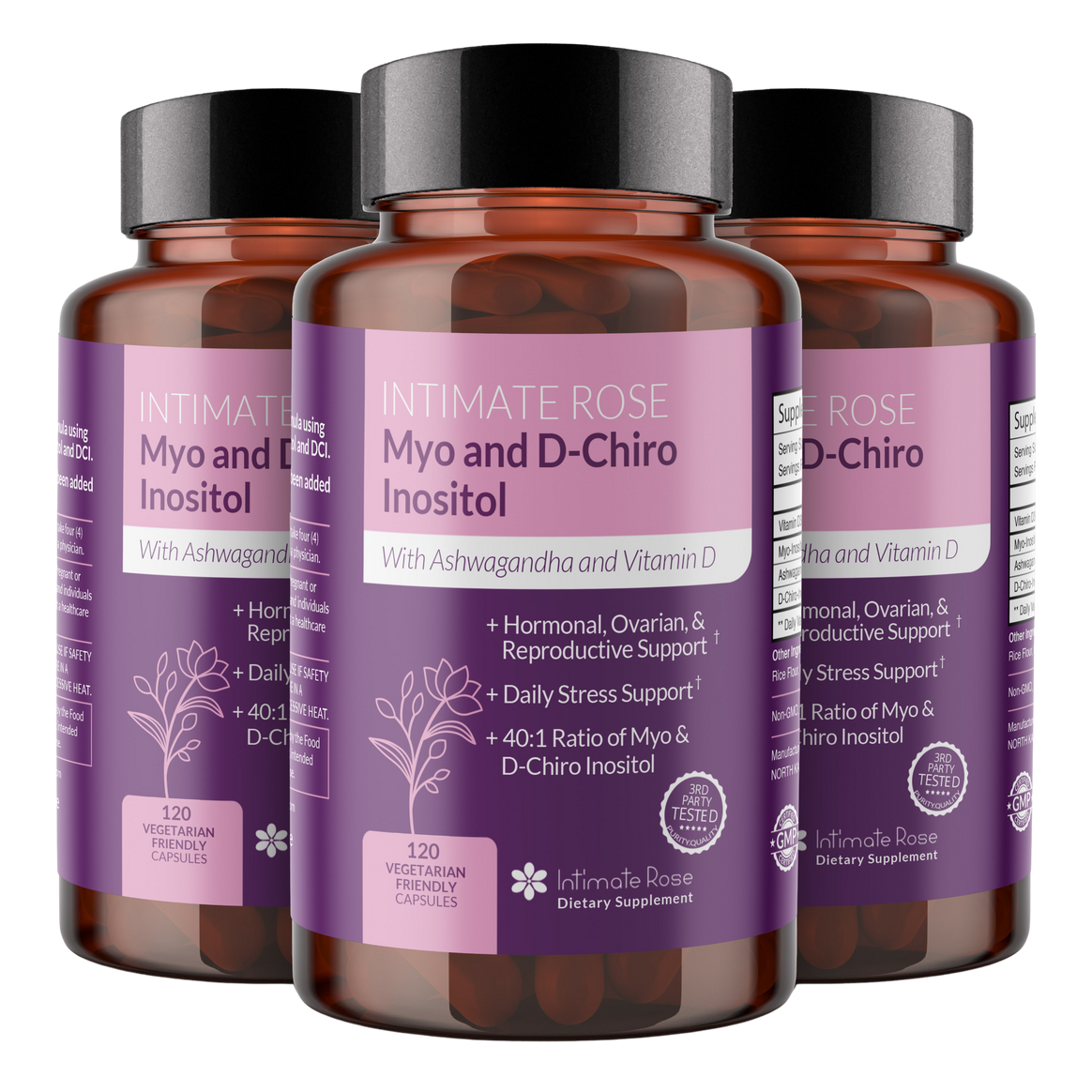
Conclusion
While more research is needed to determine the efficacy of inositol supplementation for certain medical conditions, there are promising findings that may expand its use in the future.
It is very important to discuss any type of supplementation with your healthcare provider. While inositol supplements are generally regarded as safe, there are some populations, conditions, and medication interactions that need to be considered by a healthcare professional.
References
Centers for Disease Control and Preventions (2020). PCOS (Polycystic Ovary Syndrome) and Diabetes. https://www.cdc.gov/diabetes/basics/pcos.html
Memorial Sloan Kettering Cancer Center. (2020). Inositol Hexaphosphate. https://www.mskcc.org/cancer-care/integrative-medicine/herbs/inositol-hexaphosphate
Wojciechowska A, Osowski A, Jóźwik M, Górecki R, Rynkiewicz A, Wojtkiewicz J. (2019). Inositols’ Importance in the Improvement of the Endocrine–Metabolic Profile in PCOS. International Journal of Molecular Sciences, 20(22):5787. https://doi.org/10.3390/ijms20225787

Things Off Down There?




